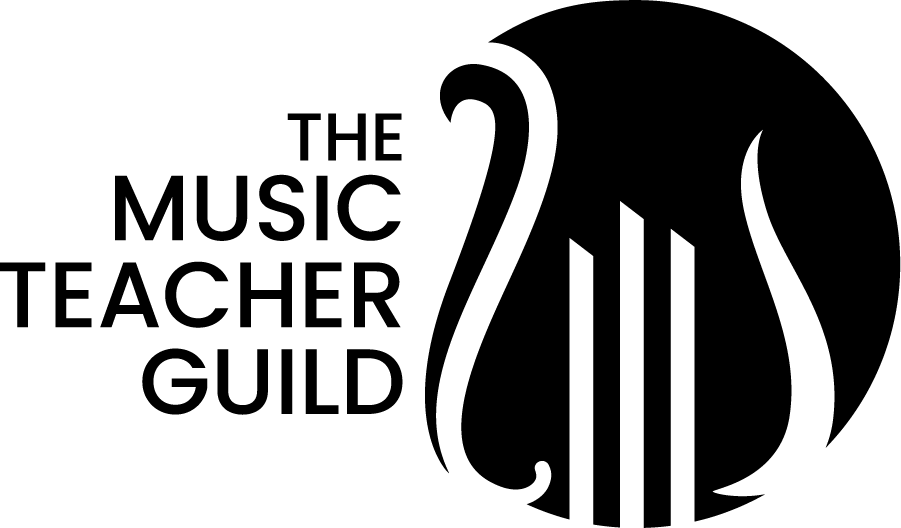The Role and Rewards of a Consultant in Music Education
In the evolving field of music education, schools and organizations increasingly rely on experts who bring fresh ideas and practical guidance to curriculum development, teacher training, and program assessments. Music education consultants fill this essential role, providing valuable expertise that helps schools thrive musically and educationally. For musicians and educators considering a new pathway, consulting offers unique career rewards, allowing flexibility, creative expression, and a chance to influence music education in profound ways. Here, we explore the responsibilities, paths, and rewards of a career as a music education consultant.
Introduction: Why Consulting Matters in Music Education
In today’s ever-evolving education landscape, music programs face unique challenges and demands for quality, creativity, and inclusivity. Enter the music education consultant: a professional who provides tailored expertise to guide schools and organizations in delivering exceptional music programs. These consultants are experts who address diverse needs in curriculum design, strategic planning, teacher training, and more. Consulting offers the chance to impact student learning and music program success at a broader level. For musicians and educators seeking new career paths, consulting can open doors to both personal and professional growth.
What Does a Music Education Consultant Do?
A music education consultant takes on responsibilities that vary by the needs of each school or district. The work often involves a mix of strategic planning, curriculum enhancement, and educator support. Key roles include:
Curriculum Development: Consultants work to evaluate, refine, and adapt music programs. They incorporate contemporary teaching methods, help teachers implement technology, and shape lessons to meet today’s educational standards. Whether it’s a complete program overhaul or adding new elements to enrich student experience, curriculum development is a central part of the consultant’s work.
Teacher Training and Professional Development: Consultants provide hands-on support to music educators by designing workshops, leading professional development sessions, and offering ongoing mentorship. This might include training in specialized music software, integrating different music genres into the curriculum, or innovative approaches to instrumental and vocal instruction.
Strategic Planning and Program Assessment: Effective music programs require strategic planning to align with educational goals and school missions. Consultants often assess current offerings, recommend changes, and help administrators set realistic goals. They may also analyze program success through data, surveys, and student feedback, providing evidence-based recommendations.
Through these roles, consultants help schools create music programs that engage students, satisfy educational requirements, and foster musical growth.
Pathways to Becoming a Music Education Consultant
Starting a career in music education consulting typically requires a strong background in both music and education. However, there are specific steps one can take to transition from teaching to consulting effectively:
Educational Background and Experience: Many consultants come from music teaching or administrative roles and hold advanced degrees in music education or related fields. Experience managing music programs, coupled with a deep understanding of music pedagogy, is often essential. Higher-level roles may also benefit from credentials in educational leadership or business to navigate consulting’s organizational aspects.
Building a Portfolio and Networking: A strong portfolio is invaluable. This might include past projects, successful curriculum designs, teacher training materials, or assessment reports. Networking is also essential in consulting; connecting with industry professionals, participating in music education conferences, and joining professional organizations can help build credibility and open doors to consulting opportunities.
Leveraging Technology and Industry Knowledge: Music education consultants benefit from staying up-to-date on emerging technologies, including music production software, educational apps, and online teaching tools. Staying connected with industry trends not only strengthens one’s consulting skill set but also enables consultants to offer relevant, forward-thinking solutions.
Rewards of a Career in Music Education Consulting
Consulting offers unique rewards that make it an attractive option for experienced music educators. Here are some benefits that set this career path apart:
Professional Flexibility and Creative Freedom: Many consultants enjoy the independence that comes with freelance or contract work. They can choose projects that align with their passions, collaborate with different types of schools, and explore creative solutions for unique educational challenges. This professional flexibility makes consulting a fulfilling option for those who want to move beyond traditional classroom teaching.
Personal Fulfillment and Impact on Education: A significant reward of consulting is the chance to create lasting impacts on music education. Consultants help elevate the quality of music programs, enhancing students’ access to quality musical experiences. Each successful project can bring a sense of pride and purpose, knowing that one’s expertise has directly influenced students’ lives and teachers’ effectiveness.
Challenges in Music Education Consultancy
While highly rewarding, consulting does come with challenges that can require careful management:
Balancing Multiple Projects: Consulting often involves juggling several projects simultaneously. This can mean handling varied timelines, managing workload efficiently, and ensuring each client receives attention. Successful consultants develop strong time-management skills to maintain quality across projects.
Navigating Diverse School Needs and Expectations: Each school has its unique requirements, available resources, and educational goals, and a consultant may need to adapt quickly to different settings. Schools may have varying expectations on timelines, budget constraints, or even cultural preferences in music education, which requires consultants to be flexible and communicative.
Ensuring Continuous Learning: The field of music education, like other educational sectors, is dynamic and subject to shifts in pedagogy, technology, and policy. Consultants are lifelong learners who commit to staying informed about new research, techniques, and technologies to provide valuable guidance to their clients.
Conclusion: Making an Impact with a Consulting Career
The role of a music education consultant offers more than a job—it’s an opportunity to shape music programs across schools and organizations and foster a love for music in future generations. Consultants work with a combination of musical expertise, educational insight, and a passion for improving the learning environment. For music educators looking to expand their careers, make a meaningful difference, and enjoy greater professional flexibility, music education consulting is a path worth exploring.

